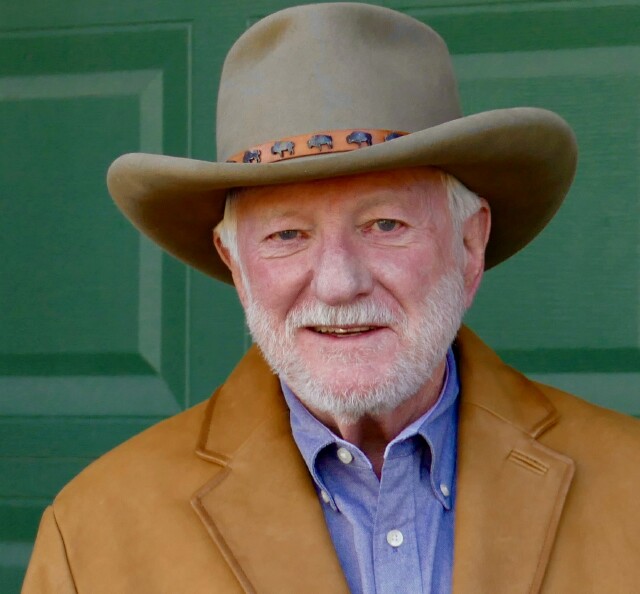Will Net Neutrality Redux Cause Real Regs?

It’s the nonsense that simply won’t go away. Oddly, that’s for a good reason. It is part of the political zeitgeist. Partisan positions at odds don’t really have to make any sense. Republicans, citing regulatory over-reach, eliminated the Democratic regulations of the internet … in a lot of pages, they, the Wheeler Democratic majority on the Federal Confusion Commission, regulated the internet under Title I … kind of like the once-upon-a-time monopolistic telephone company (you know, the one that originally called itself American Telephone & Telegraph … not today’s company run by Randall Stephenson). But today’s AT&T (originally Southwestern Bell which now owns DirecTV, U-Verse and Warner Media) isn’t a monopoly. And it wasn’t one when Wheeler’s FCC regulated the internet. Nor was it one when Ajit Pai’s FCC de-regulated it and essentially reverted regulations back to the “light touch” of Wheeler’s predecessor as Chair, Michael Powell.
Regulations got relaxed … and nothing happened differently. No player in the conduit (or distribution) or the content (production, display, etc.) changed much. No calamity happened. Yet, Congressional Democrats want to re-establish the abandoned firm regulations because they don’t trust anyone in business to do the right thing. That’s sad. But, looking at history, they’ve got a point. Big business does have the tendency to use its big size to boost its own bigness.
At any rate, the light touch prevails for today. Which is sort of neither here nor there except for the other trends getting in the way of thinking seriously about what ought to be. And that means thinking about how the internet (both conduit and content) will look tomorrow.
We’re now in the middle of seeing the signs of the 'net of the future. To wit: The explosive growth of Netflix streaming along with the dominance (at least in revenues and weight-throwing) of so-called tech companies led by the FAANGs (Facebook, Amazon, Apple, Netflix and Google) are forcing some major realignments.
For example, let's consider the cable biz. It democratized the internet, which is dandy, but then discovered that selling ever-more-expensive bundles of networks (broadcast and cable) just wasn't going to cut it. Those bundles lost their relevance as Netflix showed that so-called over-the-top distribution was a better bet: spend more on content and then don’t pay for distribution!
Great business plan. Today it's working pretty well all around the world. Thus, legacy media (both content and conduit) has re-evaluated the changing marketplace.
In the U.S. we now have a dozen or so streaming services; some paid, some free, with more paid ones to come (soon) from AT&T and Disney … both looking a bit like mini-bundles of the past.
That move from wholesale selling -- via distribution companies -- to retail via streaming is tomorrow’s big bet for relevance. Each major player will be betting on selling its own exclusive content.
All of which is likely to result in consumers paying more money to get what they want ... and what they want will likely wind up driving those new retailers nuts as subscriptions become seasonal buys rather than long-term buys unless someone dreams up a more logical package of bundles.
Meanwhile, the cable operators (with new names, of course) will do great with broadband connections … the one required feature for all of the above. Until 5G wireless proves itself, that is. Then we’ll see a bit of competition over connectivity. In other words, a whole lot more change is already in the wind.
Of course, none of the above takes away from the regulatory battles. So far, the repeal of the Title I rules hasn't produced any real changes. But the moves at the margins along with the balkanization of distribution packages point to a different world in the next decade. Exclusive content married to each retailer apart from the distributor will find program packaging retailers mimicking the business models of that terrible FAANG group. I don’t think that’s what any policy person really wants … but that’s what’s coming.
Given the lack of political will to seriously regulate that group, that’s a scary thought for consumers of any kind of media tomorrow.
Click the social buttons above or below to share this content with your friends and colleagues.
The opinions and points of view expressed in this content are exclusively the views of the author and/or subject(s) and do not necessarily represent the views of MediaVillage.com/MyersBizNet, Inc. management or associated writers.


